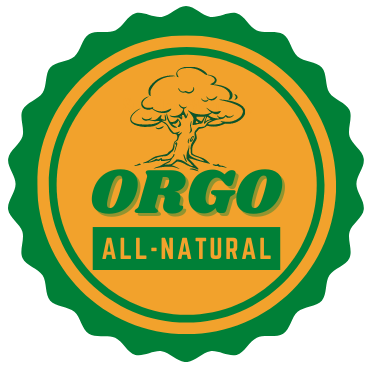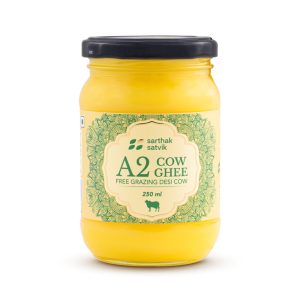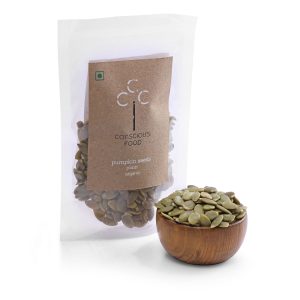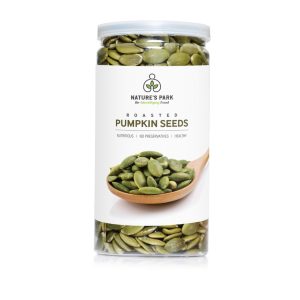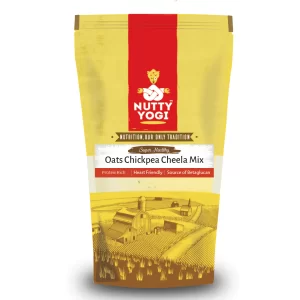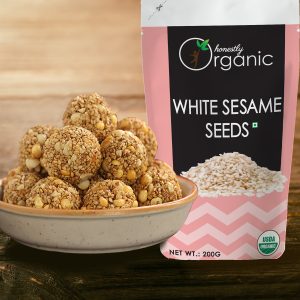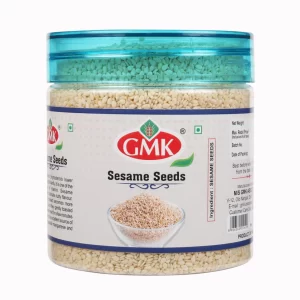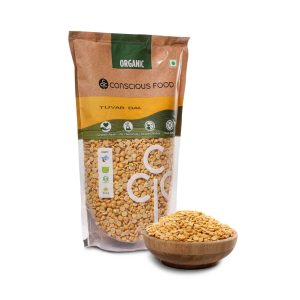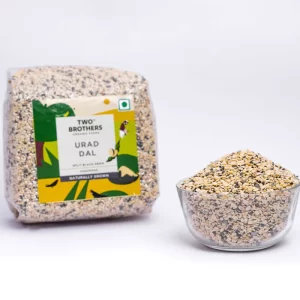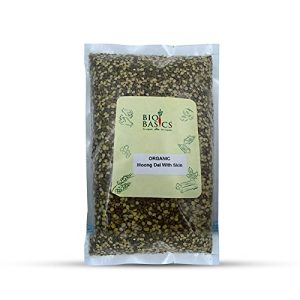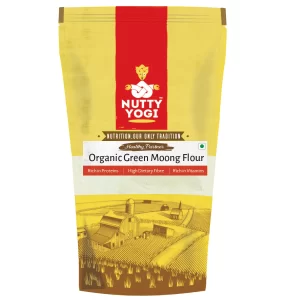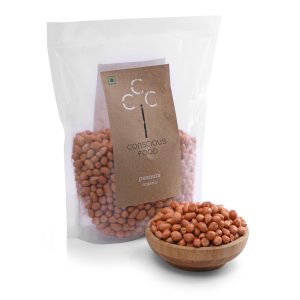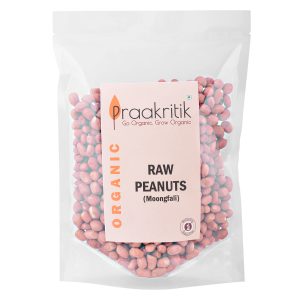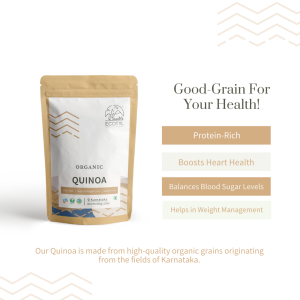What is zinc?
Zinc is an essential mineral for our body. The way zinc works is that it benefits our immune system at the same time heals the wounds, helps in cell division and many more. It is a vital element for our every physiological function. But the fact is, our body can not produce zinc in itself. We must consume some zinc rich foods to get this natural element.
Some common food items like meats, beans, seafood, nuts and seeds contain zinc in impressive quantities. Here, in our blog, we aim to provide a list of 10 best zinc rich foods. The catch is that all are organic and natural!
Zinc Benefits
Zinc is an essential mineral that has several uses in preserving health. Zinc is the cause of cell growth, immunity boost and many other physical activities. Here is a list of some zinc benefits – all are very important to live a healthy life.
Strengthens our immune system
Zinc is the reason to increase blood cells and build a natural defense against any infection or harm. The primary reason is that zinc rich foods help to make white blood cells that support natural defense. Zinc is also a vital element to protect us from cough, cold and any seasonal flu. Zinc is an essential nutrient for our immune health – it helps to to lessen the intensity and duration of common illnesses.
-
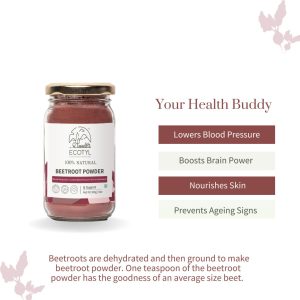 Ecotyl Beetroot Powder – 100 g₹2057% OFF Shop Now
Ecotyl Beetroot Powder – 100 g₹2057% OFF Shop Now -
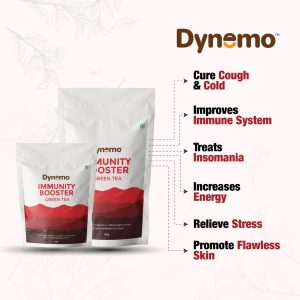 Dynemo Immunity Booster Green Tea₹224 – ₹35910% OFF Shop Now
Dynemo Immunity Booster Green Tea₹224 – ₹35910% OFF Shop Now
Makes the healing of wounds faster
Zinc is an amazing natural wound healer. The reason behind is that it promotes collagen synthesis and cellular repair. Zinc rich food helps to reduce inflammatory issues and reactions. At the same time it helps to generate new tissues. Zinc makes the healing easier whether it’s a cut, or burn or wounds. Zinc rich foods are advised to those who have undergone recent surgery or need any other serious healing.
Encourages cell growth and progress
Zinc is an all essential element for cell growth and regeneration. It is a vital component especially during pregnancy. Pregnant women are given zinc supplements and advised to take zinc rich food for the better growth of their babies. It facilitates the development of bodily tissues and organs. At the same time, it encourages healthy growth of the mother and baby.
Keeps you more mental alert
Zinc can increase your mental alert with brain neurotransmitters. Zinc rich foods are more beneficial to enhance cognitive functions and increase memory capabilities. It is an important element for all the age groups!
Get healthy skin with zinc
Zinc can save you from the sun’s ultraviolet rays. Also, the more than sufficient anti-inflammatory properties of zinc are helpful to reduce oil production in the skin. It is a benevolent element to reduce acne and skin damage.
How Much Zinc Do I Need?
The amount of zinc you require each day depends on your age and gender. The average daily requirement for adult males and females is approximately 11 mg and 8 mg, respectively. During pregnancy and lactation, women need a bit more. The age of the child determines how much is required.
Here’s a simple breakdown of daily zinc requirements:
- Men (adult): 11 mg
- Women (adult): 8 mg
- Pregnant Women: 11 mg
- Breastfeeding Women: 12 mg
- Children (ages 4 – 8 years): 5 mg
- Children (ages 9 – 13 years): 8 mg
Most people can meet their daily zinc needs with a balanced diet that includes meat, seafood, beans, nuts, and dairy products. Below, we have attached a list of 10 best zinc rich foods for your inconvenience.
List of 10 Best Foods That Are High in Zinc
Basically, foods rich in vitamins, protein, and other minerals are also rich in zinc. Indian foods like pulses, peanuts, and pumpkins are a few of them. Here is a detailed list of 10 zinc rich foods that are available in the market. In case, if you find it harder to get these options, Visit Orgo All-Natural!
Seeds of pumpkin
The first in our list is pumpkin seeds. It is a plant-based solution as you know, and these tiny powerhouses are full of antioxidants. We already mentioned in our benefits section that zinc rich foods are good to relieve inflammation. Pumpkin seeds here help to reduce inflammation as they are rich in antioxidants and many more components.
Chickpea
Chickpeas, also known as garbanzo beans, are an excellent source of zinc and protein. Their high fiber content helps with muscle and immune repair as well as healthy digestion. Because they can be used in so many different recipes, including hummus, soups, and curries, chickpeas are a great addition to a diet that is well-balanced.
Sesame seeds
Sesame seeds contain zinc and good fats that support strong, healthy skin and hair. They promote overall health and are a good source of antioxidants and calcium. Adding sesame seeds to salads, stir-fries, or other traditional dishes is a quick and simple way to boost your intake of zinc.
Lentils
A cheap and abundant source of protein, fiber, and zinc, lentils aid in digestion and muscle growth. They are simple to prepare and go well with rice, stews, and soups. Because they provide long-lasting energy and help maintain healthy cholesterol levels, lentils are an essential component of a balanced diet.
Cashews
Cashews are a good source of protein, zinc, and good fats. These nuts enhance heart health, boost the immune system, and enhance mental clarity. Due to their versatility, cashews can be added to food to improve its flavor and nutritional content, blended into creamy sauces, or consumed as a snack.
-
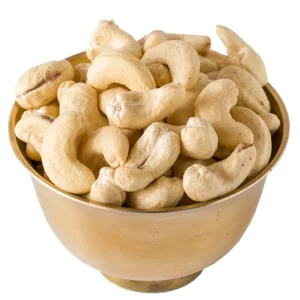 Kanz & Muhul Cashew₹670 Shop Now
Kanz & Muhul Cashew₹670 Shop Now -
 Praakritik Organic Whole Cashew – 200 g₹44010% OFF Shop Now
Praakritik Organic Whole Cashew – 200 g₹44010% OFF Shop Now
Mung beans
Mung beans are rich in zinc, protein, and antioxidants. They improve digestion, give you energy, and help you control your weight. You can use these beans in salads, soups, or as sprouted snacks to add more diversity to your diet. Because of their well-known ability to improve skin health and regulate blood sugar, mung beans are a nutritious choice.
Peanuts
Peanuts are a great source of zinc and heart- and brain-healthy fats. They are high in protein and can be roasted, boiled, or turned into peanut butter. Peanuts are a healthy and quick snack that helps you get the zinc you need each day and gives you energy.
Spinach
Spinach is a leafy green vegetable that contains trace amounts of iron, magnesium, zinc, and vitamins. It is well known for enhancing eye health, reducing inflammation, and fortifying the immune system. Spinach can be added to salads, smoothies, or cooked meals and provides essential nutrients that promote overall health and wellness.
Quinoa
Quinoa is a complete protein and a good source of zinc. This gluten-free grain supports muscle health and provides sustained energy. Quinoa is perfect for anyone wishing to change up their diet because of its high fiber content and essential minerals. It can be added to salads and side dishes or used in place of rice in meals.
Yogurt
Yogurt is a rich source of probiotics, calcium, and zinc, all of which promote gut health and strengthen immunity. Try the plain, unsweetened varieties of yogurt for maximum health benefits. Yogurt can be eaten on its own or mixed with other fruits, it is a versatile addition to meals or snacks that also aids in digestion.
Conclusion
Zinc rich foods are essential for immune system support, wound healing, and overall health maintenance. We hope Orgo All-Natural’s list of 10 zinc rich foods items will help you to maintain a better and healthier version of you!
Try our e-store, Orgo All-Natural to order these items and meet your daily zinc needs with the help of these natural and organic zinc sources. We have a great collection of grains, seeds, and other items. Our zinc rich foods collections are all meant to provide you with overall health and vitality. Stay healthy with a zinc-balanced diet!
References
- National Institute of Health – Zinc Fact Sheet for Health Professionals
- Researchgate – Zinc and vegetarian diets
- National Institute of Health – Food sources of zinc and nutritional status with usual dietary zinc intake in Korean toddlers and preschool children
